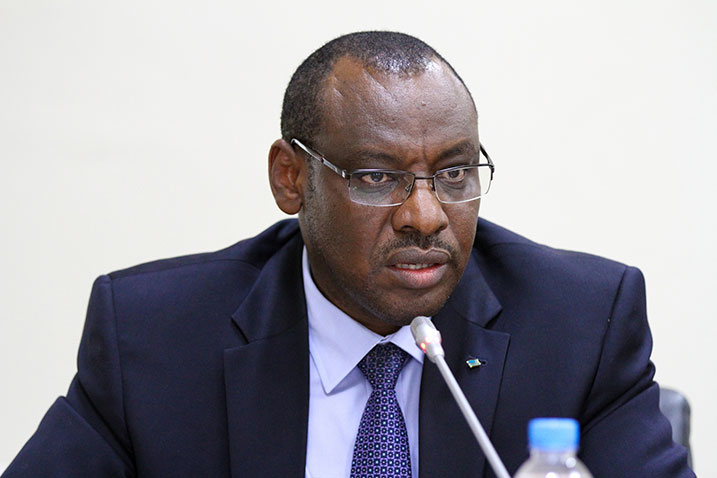African countries continue to face significantly higher borrowing costs due to credit ratings that many experts say fail to reflect the continent’s true economic realities.
The Executive Secretary of the UN Economic Commission for Africa (ECA), Claver Gatete, said this in a statement on Friday, on the Commission’s website.
He said developed countries like Germany could borrow up to one billion dollars at an interest rate of 2.29 per cent, paying about 229 million dollars in interest over 10 years.
According to him, a country like Zambia, under current conditions, will pay up to 2.25 billion dollars for the same amount, almost ten times more.
“This is not just about fiscal policy or repayment history; it is about perception.
“African countries do not control the rating agencies, and that has billion-dollar consequences.”
Gatete said that most credit rating agencies were based outside the continent.
He noted these agencies often assessed African economies through external lenses, which might not capture local political, social, and economic dynamics accurately.
“Africa’s external debt currently stands at approximately 1.1 trillion dollars, with around 163 billion dollars spent annually on servicing these obligations.
“Yet, many countries on the continent remain rated as “sub-investment grade” or “junk,” resulting in significantly higher interest rates,” he said.
Sonia Essombadje, Chief of Innovative Finance and Capital Markets at ECA, said credit ratings should not be seen as definitive.
“Credit ratings are opinions. They combine data and subjective assessments, it is not just numbers,” she said.
To address these concerns, the African Union has initiated the Africa Credit Rating Agency (AfCRA), aimed at providing more contextual and balanced ratings rooted in African realities.
“Although not yet fully operational, the agency is expected to complement, not replace global players like Moody’s and S&P.
“We are not trying to change the narrative without facts. But we want to bring in the African perspective,”Essombadje said.
Aurélien Mali, Senior Analytical Advisor for Africa at Moody’s, defended the agency’s process, stating that it followed rigorous, transparent methodologies and criteria publicly available on its platform.
Shilambwe Mwaanga of Zambia’s Ministry of Finance reiterated that African nations were still penalised by one-size-fits-all models.
According to Mwaanga, the gap in engagement has also been part of the problem.
“I’ve worked in this space for 15 years, but we rarely interact with the rating agencies.
“Dialogue is needed, and agencies must give governments more time to respond to their assessments,” she said.
Misheck Mutize, Lead Expert on Credit Ratings at the African Peer Review Mechanism (APRM), stressed that perception shaped markets.
“Financial markets run on opinions, and whichever opinion is perceived as credible becomes the sentiment that drives investments,” he said.
Zuzana Schwidrowski, Director of Macroeconomics, Finance and Governance at ECA, said the AfCRA initiative was a timely intervention, especially in a fragmented global economic landscape.
“We need to reduce the information gap between lenders and African borrowers. I urge governments to take charge of their narrative.
“It is time we told our own story about why Africa is a good investment,” Schwidrowski said.









